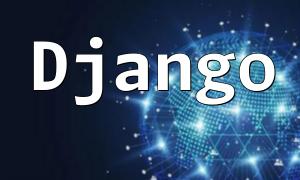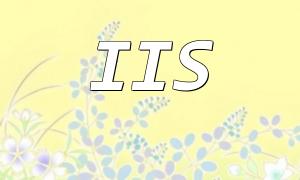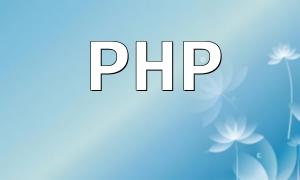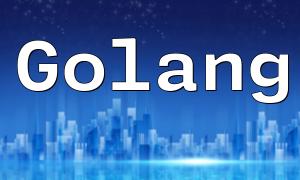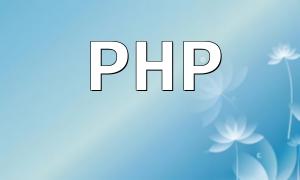In today's programming world, DSL (Domain-Specific Language) and PHP are two widely used tools. This article will deeply compare the differences between the two and explore their applications in different development scenarios to help developers make more accurate technical choices.
DSL, or Domain-Specific Language, is a programming language designed for a specific domain. Compared to general-purpose programming languages, DSLs focus on specific tasks and can significantly improve development efficiency and code readability. For example, SQL is a DSL used for database queries.
PHP is a widely used open-source scripting language, especially suitable for building dynamic websites and web applications. Its flexibility and the extensive community support make PHP one of the preferred choices for developers.
Advantages:
Specialization: DSL is designed for a specific domain, providing stronger expression capabilities for specialized tasks.
Simplicity: Since the target is clear, DSL is often more concise and easier to understand than general-purpose languages, allowing developers to get started quickly.
Limitations:
Limited Flexibility: DSL's scope of application is limited and difficult to adapt to changing requirements.
Learning Curve: Developers who have not previously encountered DSL may need time to learn its syntax and applications.
Advantages:
Versatility: PHP is suitable for a variety of web development scenarios, widely used in website construction and web application development.
Rich Community Resources: PHP benefits from extensive documentation and framework support, speeding up the development process.
Limitations:
Performance Issues: PHP may not perform as well as some compiled languages when handling large amounts of data.
Security Risks: Due to its widespread use, PHP applications are often targeted by attacks, requiring developers to pay special attention to security issues.
DSL can significantly improve efficiency when dealing with highly specialized tasks. For example, when performing complex text processing or data queries, DSL's specialization can simplify operations.
If you're developing a dynamic website or web application, PHP is undoubtedly an ideal choice. Whether you're building a simple blog platform or a large e-commerce website, PHP can provide strong support.
When comparing DSL and PHP, we see that both hold significant positions in development. DSL is suitable for domain-specific problems, while PHP offers powerful tools for general web development. When choosing a programming language, developers should make a decision based on specific project requirements.
Whether you choose DSL or PHP, it's important to continually learn and adapt to new technologies to enhance your technical competitiveness.
